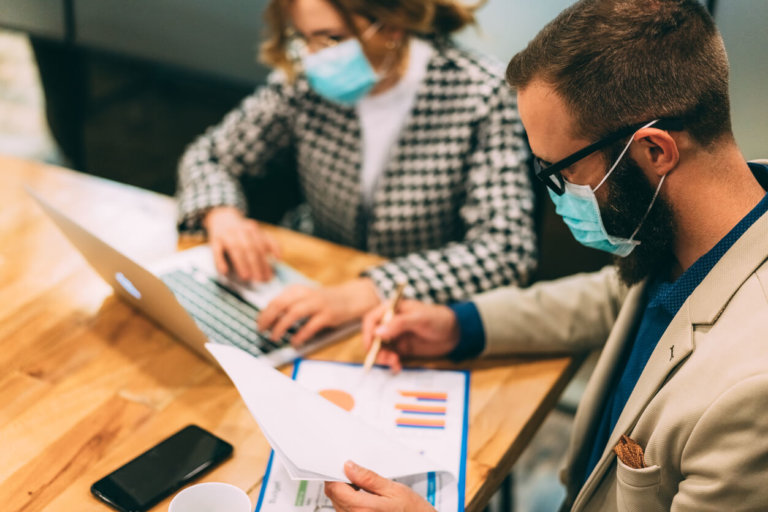As businesses throughout New York begin to reopen, many employers are concerned about their potential liability relating to potential COVID-19 infections in the workplace. For this reason, some employers are considering whether to require employees to sign COVID-19 liability waivers before returning to the workplace.
While observers believe such waivers will not withstand scrutiny by the courts, you should consult with an experienced employment lawyer if your employer is forcing you to sign a COVID-19 liability waiver. In the meantime, this article is a brief discussion of the limits of liability waivers for transmission of the coronavirus in the workplace.
Are Employers Liable for Workers Who Contract COVID-19 on the Job?
Generally, workers who sustain injuries or suffer occupational illnesses are covered under the state’s worker’s compensation program. The program provides benefits such as wage losses, medical expenses, temporary and permanent disabilities.
While state law does not prohibit the use of liability waivers per se, workers’ compensation claims may not be released or waived unless the employer and employee engage in the prescribed settlement process. In addition, a release agreement is only valid after it has been approved by the Workers’ Compensation Board. In other words, the state’s workers’ compensation law does not permit employees to waive their rights.
Worker’s compensation is a no-fault system, which means workers are typically barred from filing lawsuits against their employers over work-related injuries. However, workers’ compensation does not protect employers from claims arising from gross negligence or intentional conduct. Therefore, employers may be held liable for failing to follow state and federal guidelines for proper safeguards against COVID-19.
Finally, it is important to remember that employers have a legal obligation to provide a safe workplace under the Occupational Safety and Health Act (OSHA). In particular, employers are required to furnish a workplace “free from recognized hazards that are causing or are likely to cause death or serious physical harm.” In short, requiring employees to sign COVID-19 waivers may be regarded as an attempt by the employer to avoid its legal obligation, which could open the door to a civil lawsuit.
The Takeaway
While the COVID-19 pandemic is an unprecedented challenge, employers can take steps to minimize their liability and keep employees safe; however, requiring employees to sign COVID-19 waivers will not be effective against intentional tort claims.
Therefore, it is crucial for employers to review their workplace safety measures to minimize the transmission of COVID-19 in the workplace. Similarly, employees who have concerns about being required to return to the work or who have been asked to sign a COVID-19 waiver should contact an experienced New York City employment law attorney at Lipsky Lowe.


